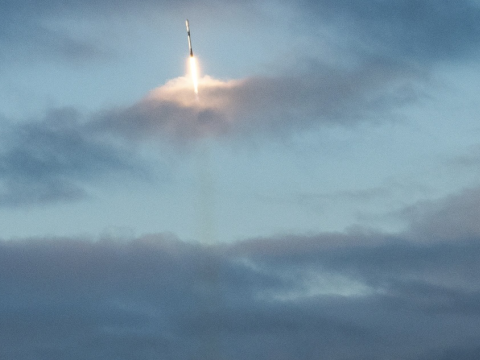Experiences From the Savage Wars for Peace
A multinational panel comprising warfighters who have served at least one term in the Middle East spoke about challenges with a candidness not often heard in discussions about today's conflicts. While the topics of the Joint Warfighting Conference generally focus on technology and intelligence, these troops spoke about culture, language, information sharing and the training of local troops.
A multinational panel comprising warfighters who have served at least one term in the Middle East spoke about challenges with a candidness not often heard in discussions about today's conflicts. While the topics of the Joint Warfighting Conference generally focus on technology and intelligence, these troops spoke about culture, language, information sharing and the training of local troops. Moderator Lt. Gen. Sir Graeme Lamb, British Army (Ret.), pointed out that while multinational troops entered Afghanistan to bring democracy, from a local standpoint, this action could be viewed as criticism of their culture and way of life. Capt. Kirby R. Warms, USMC, a trainer who was embedded with the Afghan National Army, pointed out that often only academic answers are given to the question of how to operate with non-Western military forces. These answers can rarely be applied in the Middle East because of cultural differences. While U.S. military members embrace training, members of Afghan towns showed little to no interest in learning how to better defend their villages. This was a very difficult problem to overcome, Capt. Warms shared. Representing the Italian Army, Maj. Dino Mora, HUMINT and counterintelligence officer, Allied Command Transformation, NATO, stated that information sharing was one of the primary roadblocks he faced while serving in Afghanistan. Admitting that this problem is more a matter of policy than technology, Maj. Mora emphasized that most nations are interested in protecting the sources of their intelligence but are not interested in knowing where information from other nations' comes from as long as it could be considered reliable. Increasing information between nations could save many lives, he said. Lt. Cedric Nelson-Williams, USN, Afghan Regional Security Command, reiterated an issue that many fail to acknowledge: logistics can be a nightmare in environments such as Afghanistan. In his role as a joint fighter supporting logistics, the lieutenant found himself trying to send much-needed supplies to Army units in mountainous regions, a task that can be nearly impossible both because of road and weather conditions. This resulted in frustration for troops far-field as well as those like the lieutenant who were doing their best to provide supplies. Although it was the last topic he discussed, Maj. Bruce Gannaway, USA, now at Syracuse University, finding ways to defeat IEDs obviously topped his list of priorities. Choking up as he described the destruction to life IEDs cause, the major suggested that one of the best ways to stop the ever-growing proliferation of IED usage would be to create constructive ways for Afghans to support themselves and their families.




Comments